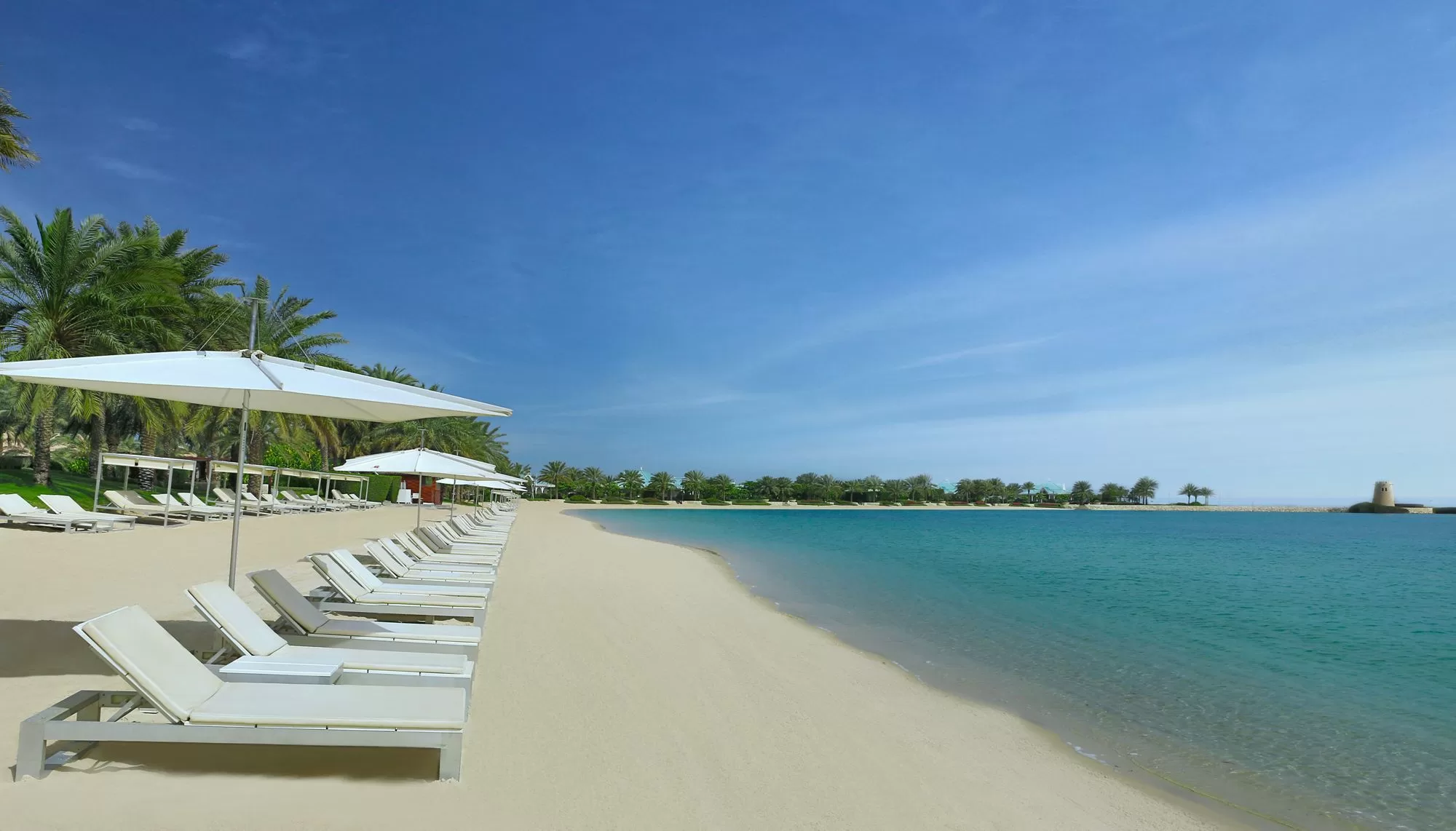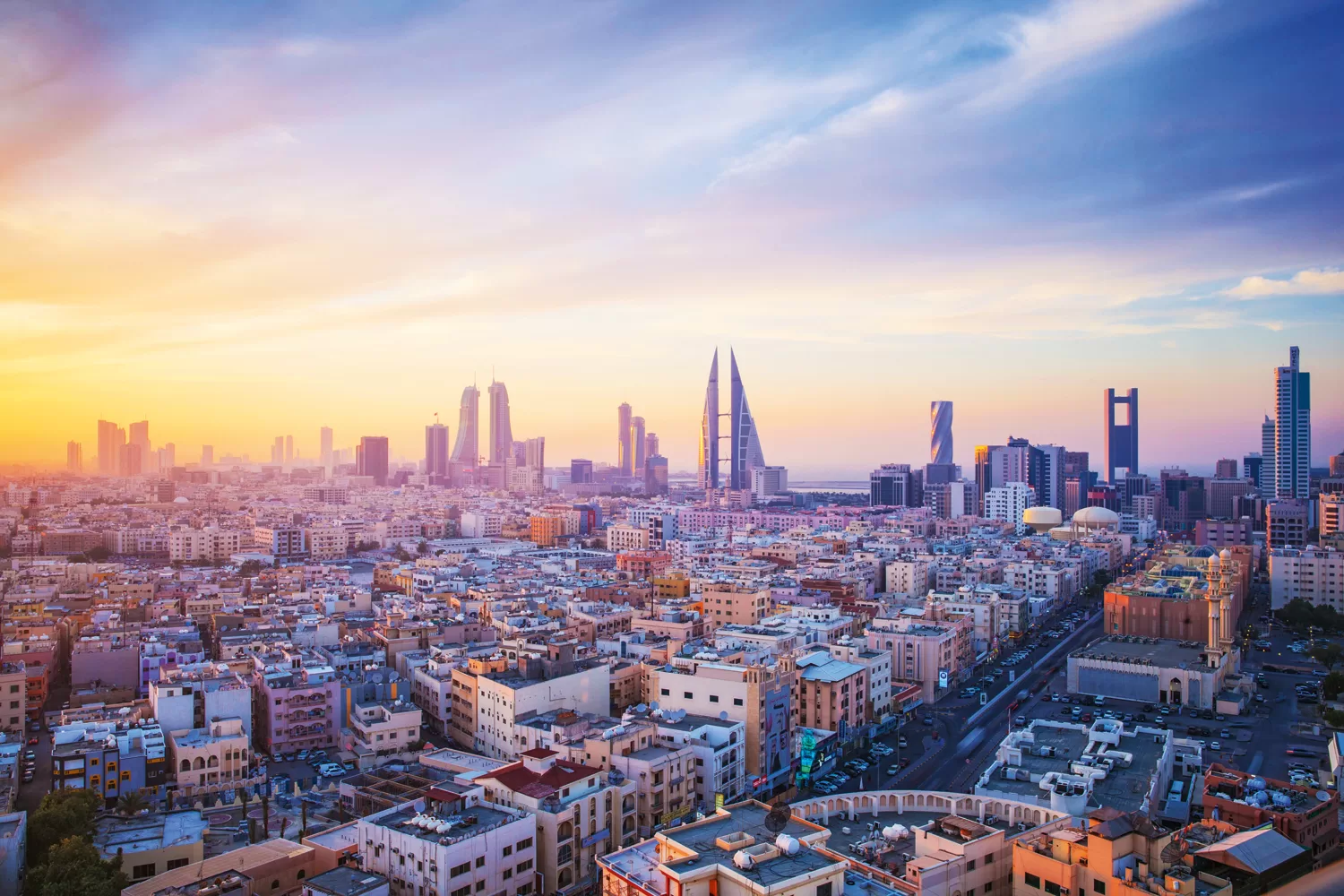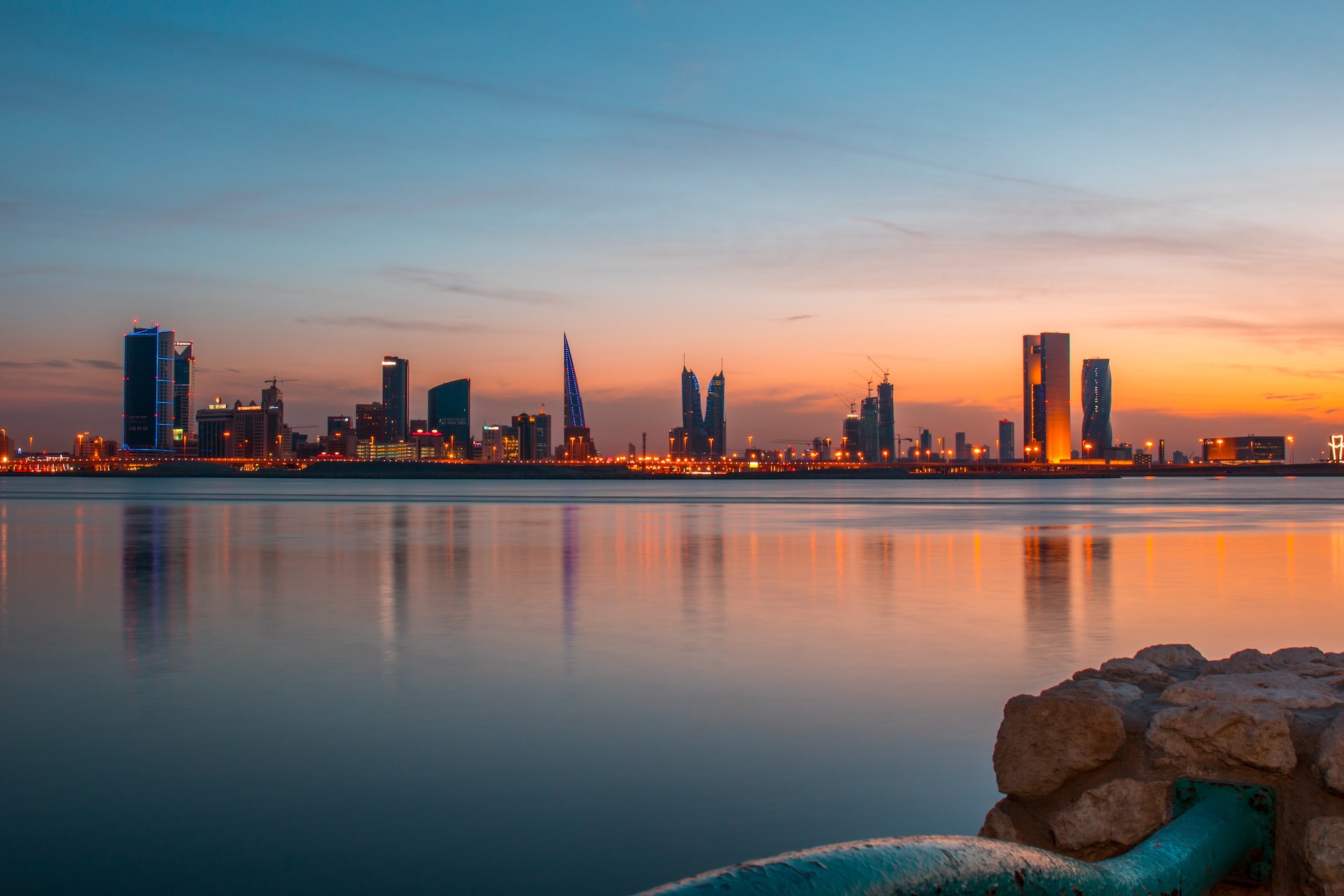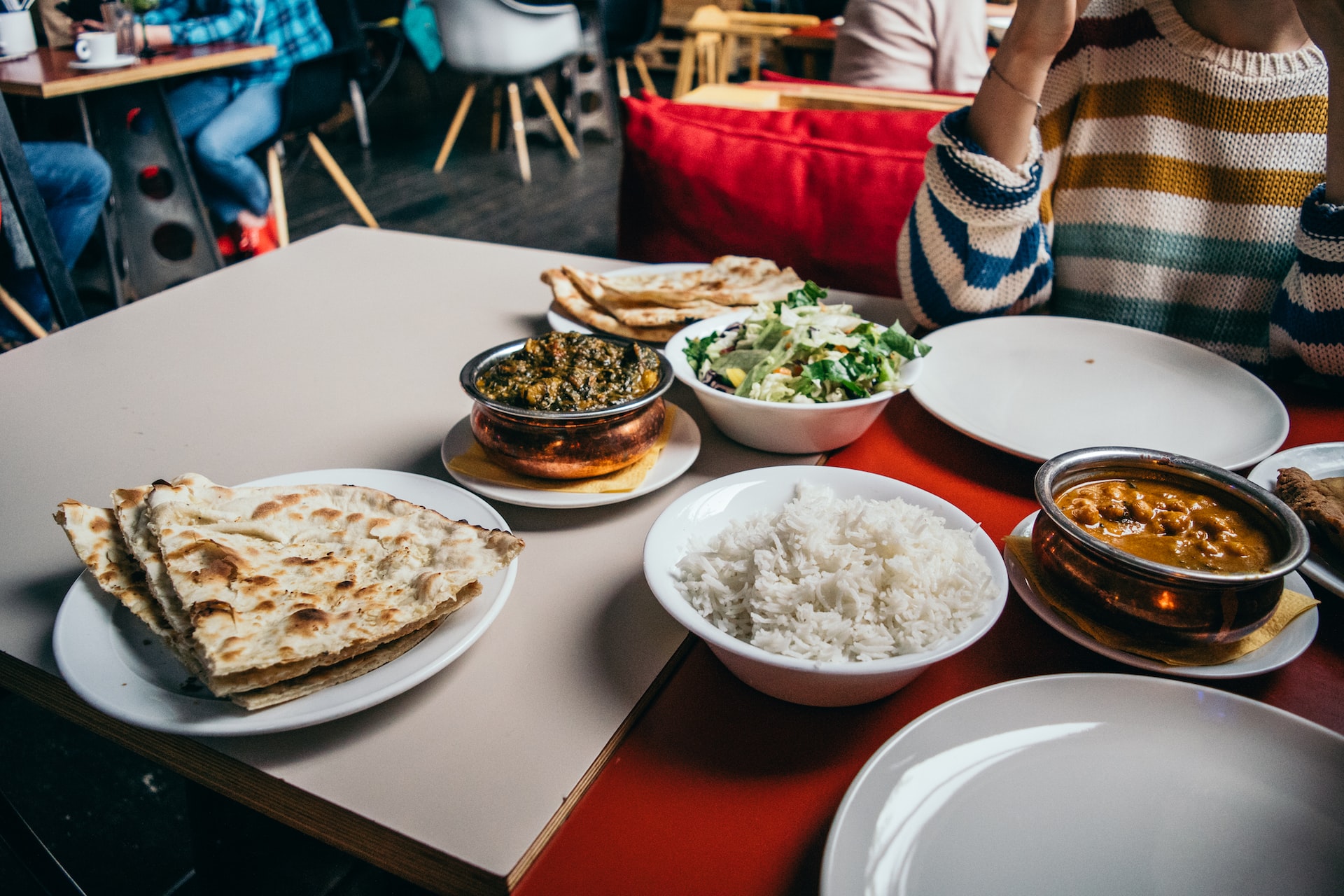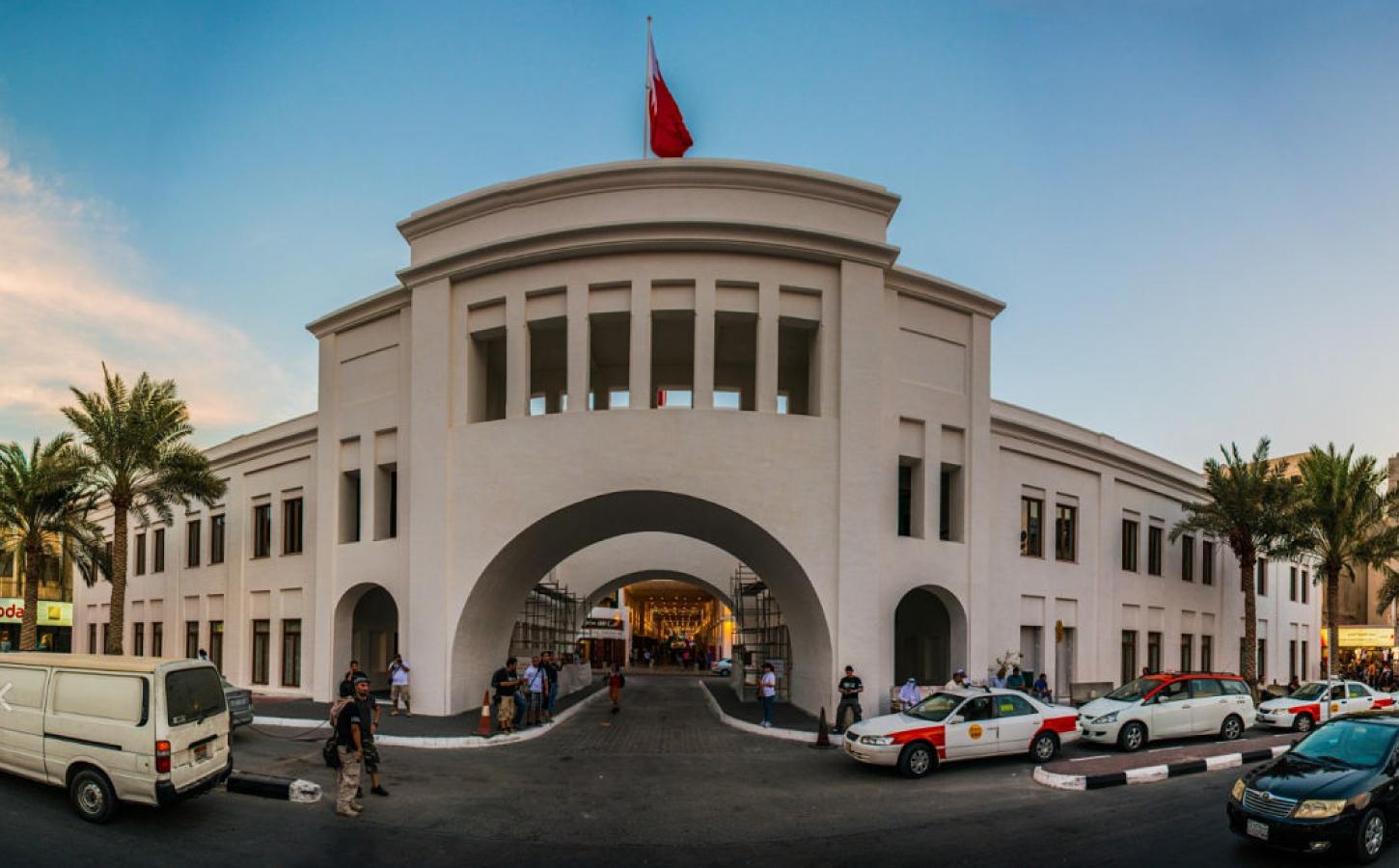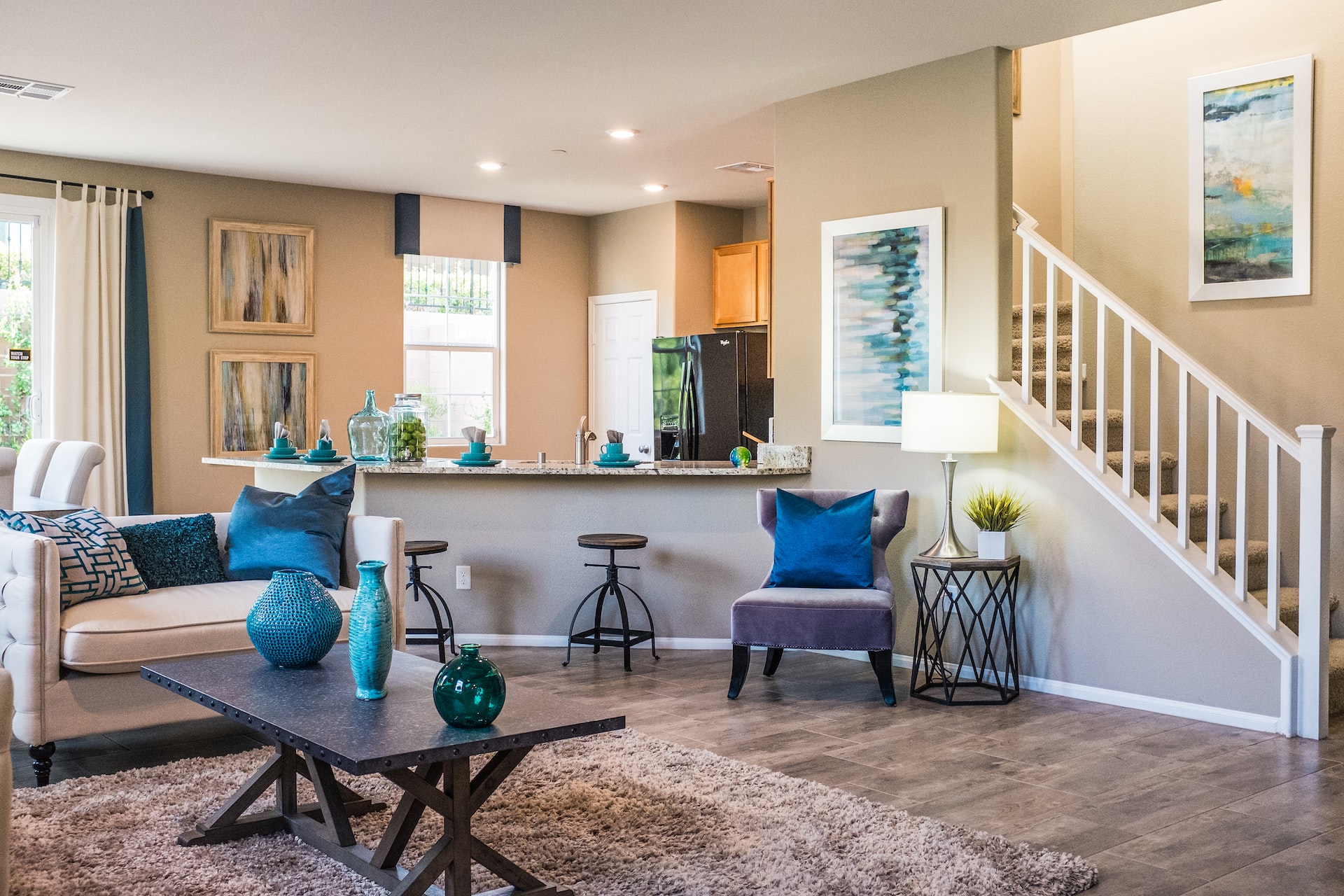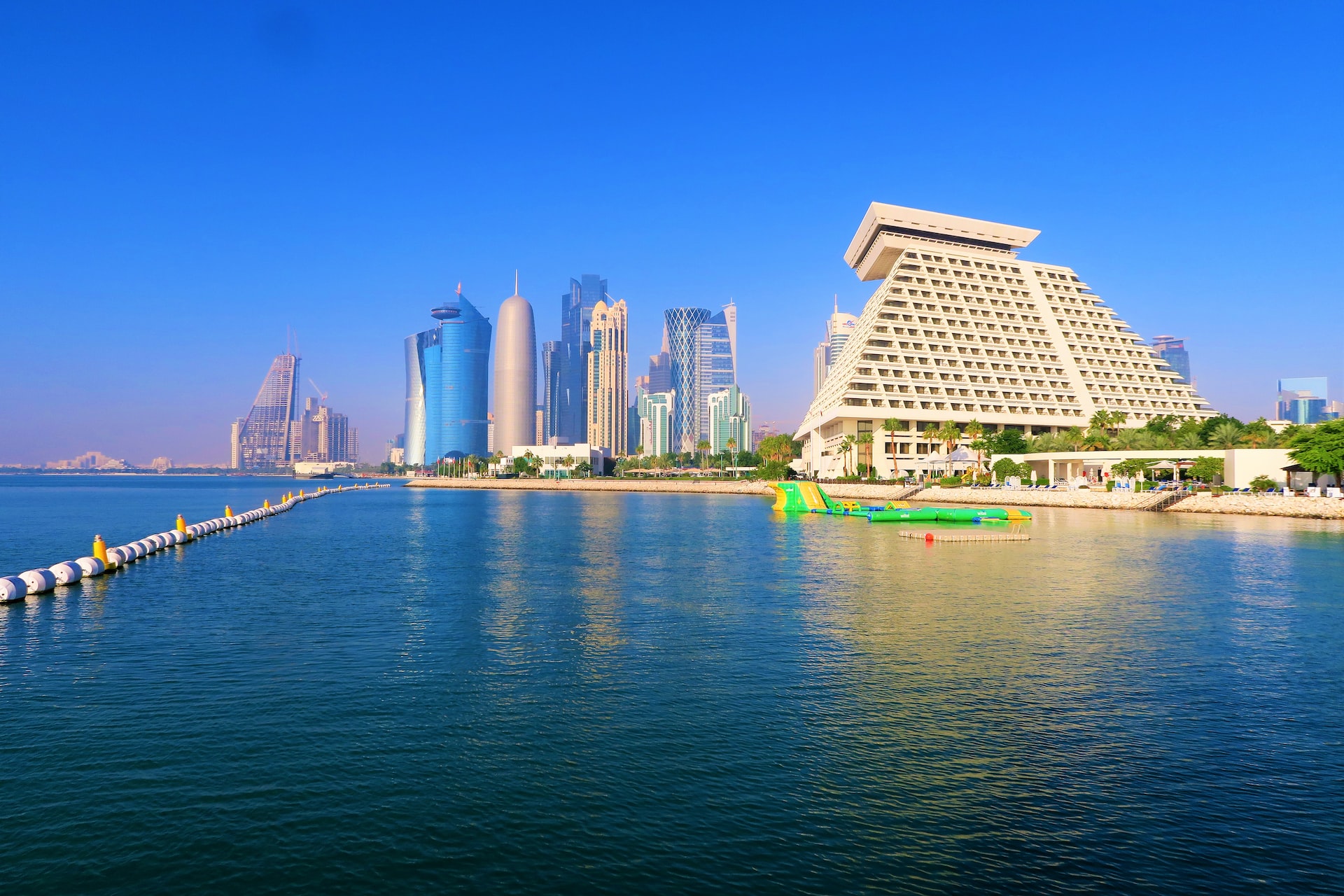When looking for healthcare in Bahrain, you should ask many questions. First of all, you must research the quality of care in Bahrain. Secondly, you should make sure that the healthcare service is accredited. Thirdly, you should check if your insurance covers the healthcare service. Fourthly, it would help if you asked around for recommendations.
Eventually, you must ensure that the healthcare service is convenient.
But before we dig deeper and break down all these possibilities, here is the most critical question: do you consider moving to Bahrain soon?
Then you should first choose the appropriate accommodation for you
Finding the best apartments for rent in Bahrain, villas for rent in Bahrain, or a studio for rent in Bahrain can be tricky. But with the right plan, you will never be left behind. The Sakan platform is here for you, with cheap apartments for rent in Bahrain.
So, back to healthcare in Bahrain and what you should know, let’s see!

Healthcare in Bahrain
Bahrain’s healthcare system is among the most modern in the Gulf, and its hospitals are among the best in the world.
Bahrain places a high priority on the health of its people. As a result, medical care is provided free of charge to all citizens of Bahrain, and the country possesses one of the region’s most advanced healthcare systems.
Compared to other Gulf Cooperation Council (GCC) countries, Bahrain’s healthcare system is the most advanced, technologically advanced, and extensive.
Furthermore, Bahrain has licensed medical professionals, many of whom have studied elsewhere before coming home to practise.
Bahrain is home to four medical schools: AMA International University, College of Health and Science, Royal College of Surgeons of Ireland, and Arab Gulf University.
So, there is no worry about the cost of living in Bahrain regarding health matters. Just remember you will get access to almost all hospitals for free or for a trivial amount of money. But remember, it always depends on your contract and the type of your work in Bahrain.
Public Healthcare in Bahrain
The public healthcare system is either free or significantly subsidized, while the private healthcare system is also an option.
There is a significant demand for specialized medical care in Bahrain, and the latest medical-surgical techniques are readily accessible.
Primary care, tertiary, or secondary care are the three tiers of the healthcare system in Bahrain.
Primary Medicine
The primary care system in Bahrain is often regarded as its strongest pillar.
There are 22 clinics run by the Ministry of Health, all of which offer primary care services.
The primary care setting serves as the initial point of contact, and a solid secondary care referral network supports it.
Expats must pay three dinars (BD. 3.000) per visit. However, all Bahraini nationals receive treatment at no cost.
It’s possible to get various treatment, prevention, and advocacy options.
Chronic disease management, emergency care for sudden illness or injury, minor surgical operations, care for the elderly, care for those with sickle cell anaemia, sickle cell clinics at three different hospitals, obstetrical care, dental care, and home visits are all examples of curative services.
Examples of preventative services include antenatal care, child screenings, immunizations, postnatal care, abortion care, premarital counseling, prenatal ultrasounds, and family planning.
Preventive services encompass many dental care options, from fissure sealant programmes and fluoride applications to educational events and dental care for expectant mothers, seniors, and those with special needs.
Physical therapy, medical testing, medications, and social services are also offered to help those in need.
Health education, community engagement, and promotion services are utilized in the service delivery process.

Secondary Healthcare
The Ministry of Health of Bahrain operates several hospitals to provide secondary healthcare services.
The largest hospital in Bahrain is the Salmaniya Medical Complex (Public Hospital).
Emergency care, secondary care, and tertiary care are all available to all citizens of Bahrain at the Salmaniya Medical Complex.
People who are ill or injured and need rapid medical assistance go to the Emergency Room.
When patients need to stay overnight at the SMC, they are admitted to one of the wards designated for a particular ailment.
Beds are separated by gender, age range, and disease status within each ward.
Emergency patients are admitted to an “Inpatient Bed” right away. In contrast, patients who need inpatient treatment but don’t have to be recognized immediately are on a waiting list and admitted whenever their treating physician or the hospital decides it’s appropriate.
Hospitals and other Facilities Providing Tertiary Care
Travelers to Bahrain have access to world-class tertiary medical care.
Treatment is available through the public healthcare system with a Population Registration Card; however, no service provided by the public healthcare system is free for foreign nationals.
Private Healthcare
The vast majority of foreign residents in Bahrain purchase private health insurance and voluntarily visit private hospitals and clinics.
Several private medical insurances are available in Bahrain, each with its own benefits and exclusions.
You can get coverage for yourself or your whole family.
Wellness Care for Mothers and Infants
As part of their comprehensive healthcare system, hospitals in Bahrain include specialized Mother and Child care units better to serve the needs of expectant mothers and their young.
It’s part of the government’s effort to keep moms and bubs healthy before and after birth as part of its preventative healthcare initiative.
Health care in Bahrain isn’t just for kids; it starts with expecting mothers and continues with various initiatives geared toward caring for the mother and her young children.
Vaccines, prenatal care, and checkups are available to pregnant mothers.
The programme also provides postpartum education lectures on subjects including breastfeeding and children’s vaccinations.

The Kingdom of Bahrain has embraced all of these reforms as part of its 2030 Strategy to achieve Sustainable Development Goal No. 3: Ensure healthy lives and promote well-being for everyone everywhere.
A birth certificate, identification card, and free routine vaccines begin the road to excellent health for your newborn.
Living in Bahrain as an Indian will give you many advantages; you can find a new start, know more about different cultures and gain a unique experience.
Sakan will give you a guide on how to afford rental apartments in Bahrain. Check out all deals now and contact the landlord directly.



